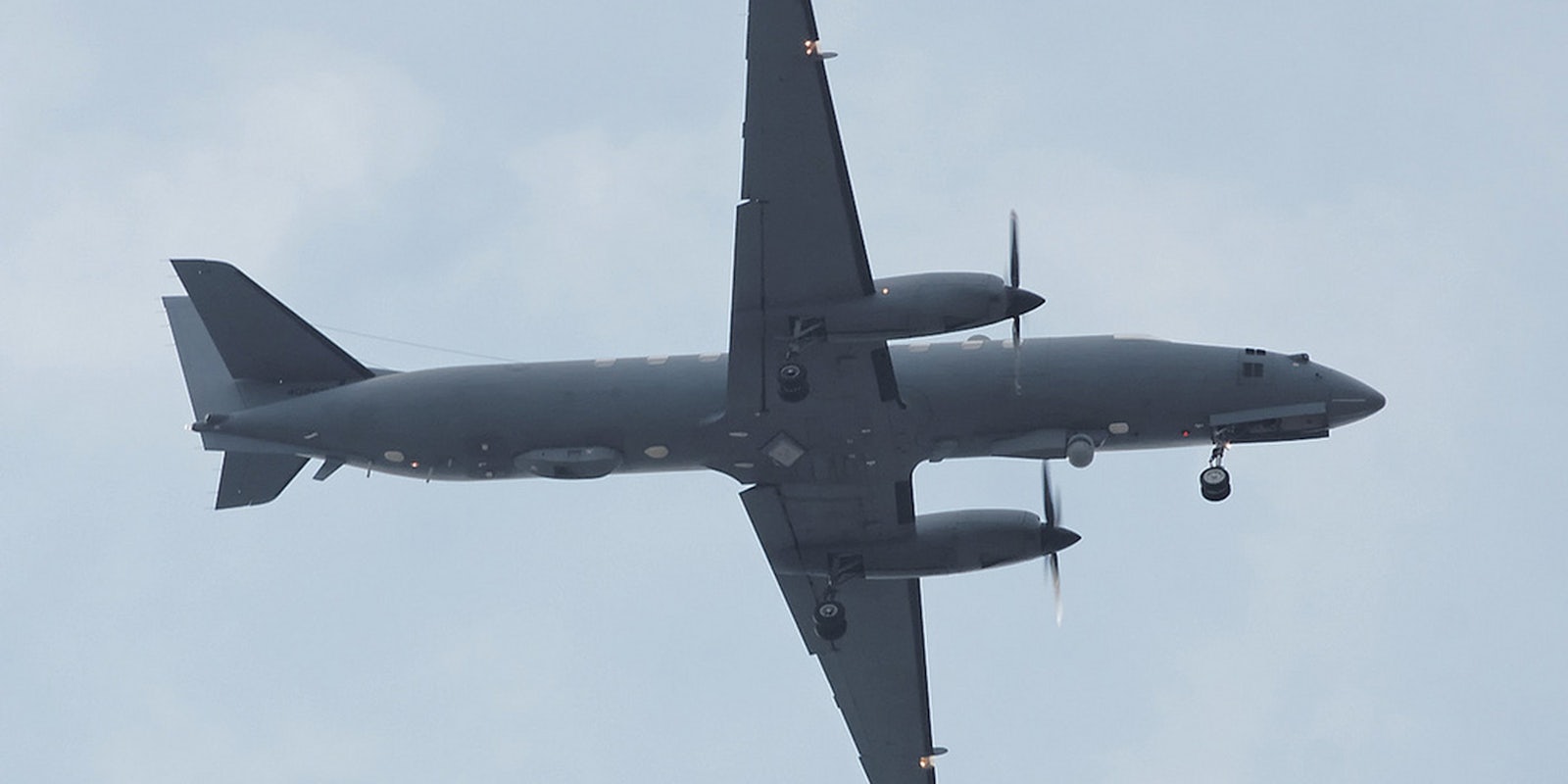As the FAA struggles to regulate commercial drones, the intelligence community has been eyeing unmanned aerial systems (UAS) for their substantial surveillance value. But before the FBI or NSA can start spying on Americans with drones or any other aircraft, two senators want to establish the rules of the road—or the sky, as the case may be.
Sens. Ron Wyden (D-Ore.) and Dean Heller (R-Nev.) on Wednesday introduced the Protecting Individuals From Mass Aerial Surveillance Act to add privacy safeguards to domestic law-enforcement surveillance flights. If the bill becomes law, the government will need a warrant to run aerial spying operations in the U.S.
“Technology has made it possible to conduct round-the-clock aerial surveillance,” Wyden said in a statement. “The law needs to keep up.”
Heller added, “This legislation protects those inherent rights from being trampled by the government’s intrusion from above and provides much needed clarity on what authority the federal government has related to aerial surveillance.”
The Federal Bureau of Investigation is under fire for registering fake companies to hide a fleet of domestic surveillance flights. Heller said that this new bill would prevent similar civil-liberties infringements.
In addition to the warrant requirement, the new bill prohibits the government from searching its databases for people who “show up incidentally in surveillance” and forbids law-enforcement agencies from getting private companies to conduct surveillance on their behalf.
There are exceptions in the bill, including for border-patrol operations, which is sure to worry privacy groups that have repeatedly called attention to civil-liberties abuses at the border. Even so, the Center for Democracy & Technology praised the bill, saying it would “establish meaningful protections from over-broad government aerial surveillance while preserving beneficial uses with less impact on civil liberties, such as government research and disaster relief.”
Photo via Josh Beasley/Flickr (CC BY 2.0)


